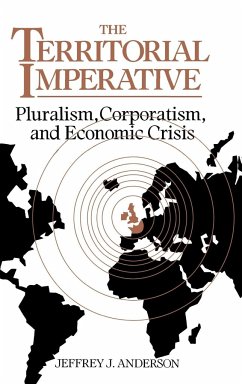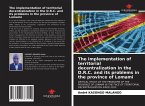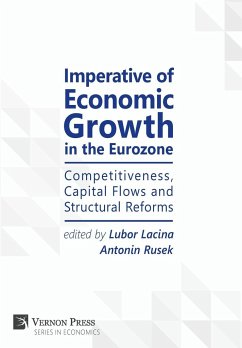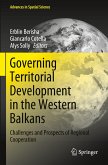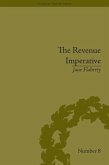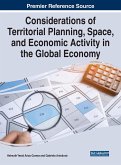The Territorial Imperative explores a growing area of interest in comparative political economy - the interaction of politics and economics at the mesolevel of the polity. Noting the ubiquity of regional economic disparities within advanced industrial democracies, Jeffrey Anderson undertakes a sophisticated analysis of the complex political conflicts that are generated by declining regional economies, and involve myriad actors across multiple levels of the polity. In this study of political responses to regional crisis, the principal theoretical focus centers on the impact of constitutional orders as bona fide political institutions. On the basis of a carefully constructed comparison of four declining industrial regions within a broader cross-national comparison of unitary Britain and federal Germany, Anderson concludes that constitutional orders as institutions do in fact matter. In short, the territorial distribution of power, encapsulated in the federal-unitary distinction, is shown to exercise a strong political logic of influence on the distribution of interests and resources among subnational and national actors and on the strategies of cooperation and conflict available to them. In the course of the study, Anderson brings together in a creative manner theories of intergovernmental and center-periphery relations, corporatism, pluralism, and the state. His book provides new insights into more than just mesolevel politics; indeed, the explicit focus on the political economy of regions calls into question aspects of the conventional wisdom on British and German politics, based for the most part on national-level studies. Viewed in the context of widespread optimism surrounding thefuture of regions in a post-1992 Europe, Anderson's findings also underscore the need for caution when assessing the horizons of action for subnational interests in advanced industrial democracies. Offering an innovative theoretical approach grounded in comparative empirical research, The Territorial Imperative will be welcomed by political economists, scholars and students of comparative politics, sociology, and public policy, political geographers, and economists and historians interested in Western Europe.
Hinweis: Dieser Artikel kann nur an eine deutsche Lieferadresse ausgeliefert werden.
Hinweis: Dieser Artikel kann nur an eine deutsche Lieferadresse ausgeliefert werden.

